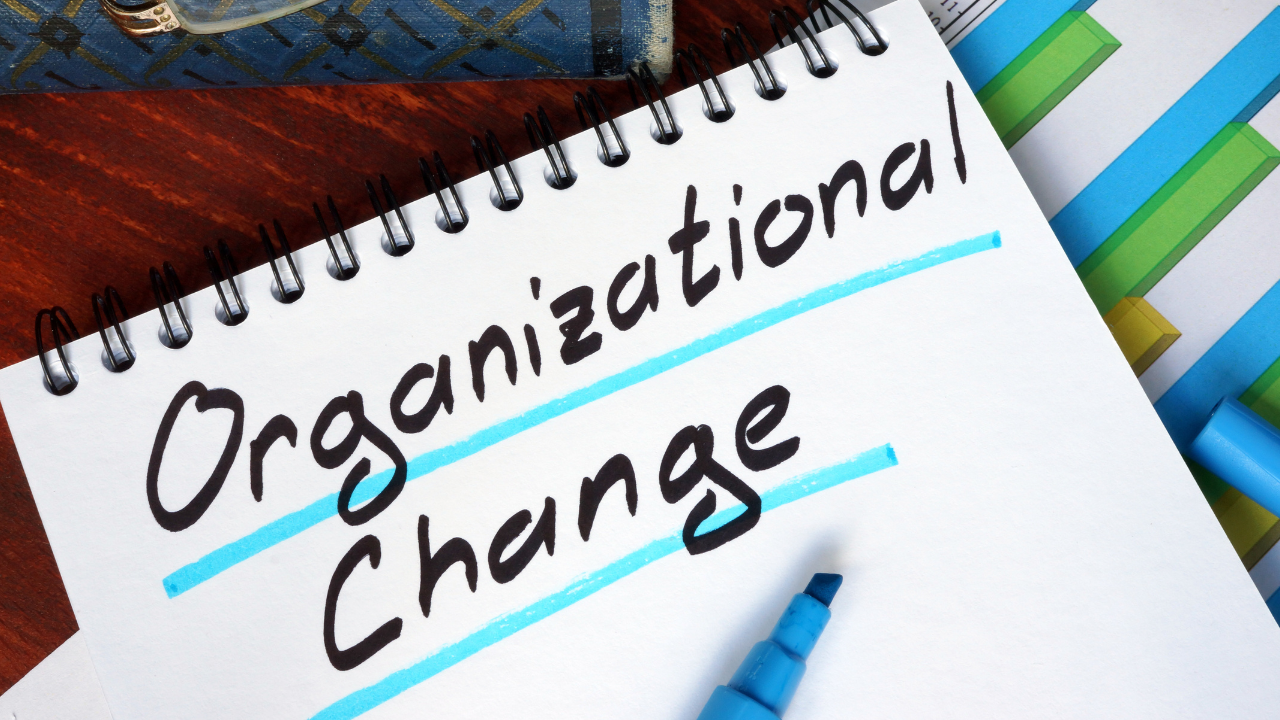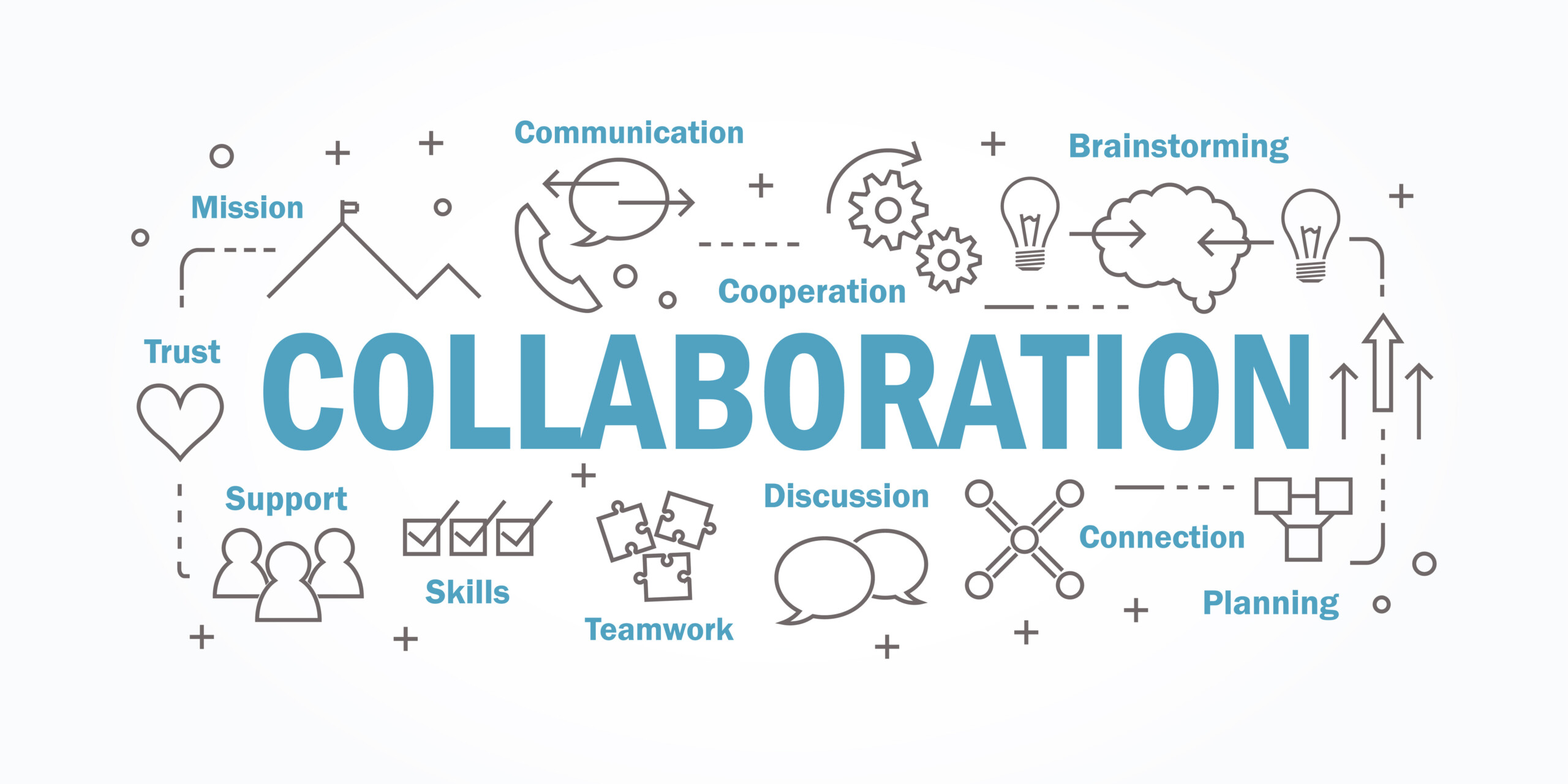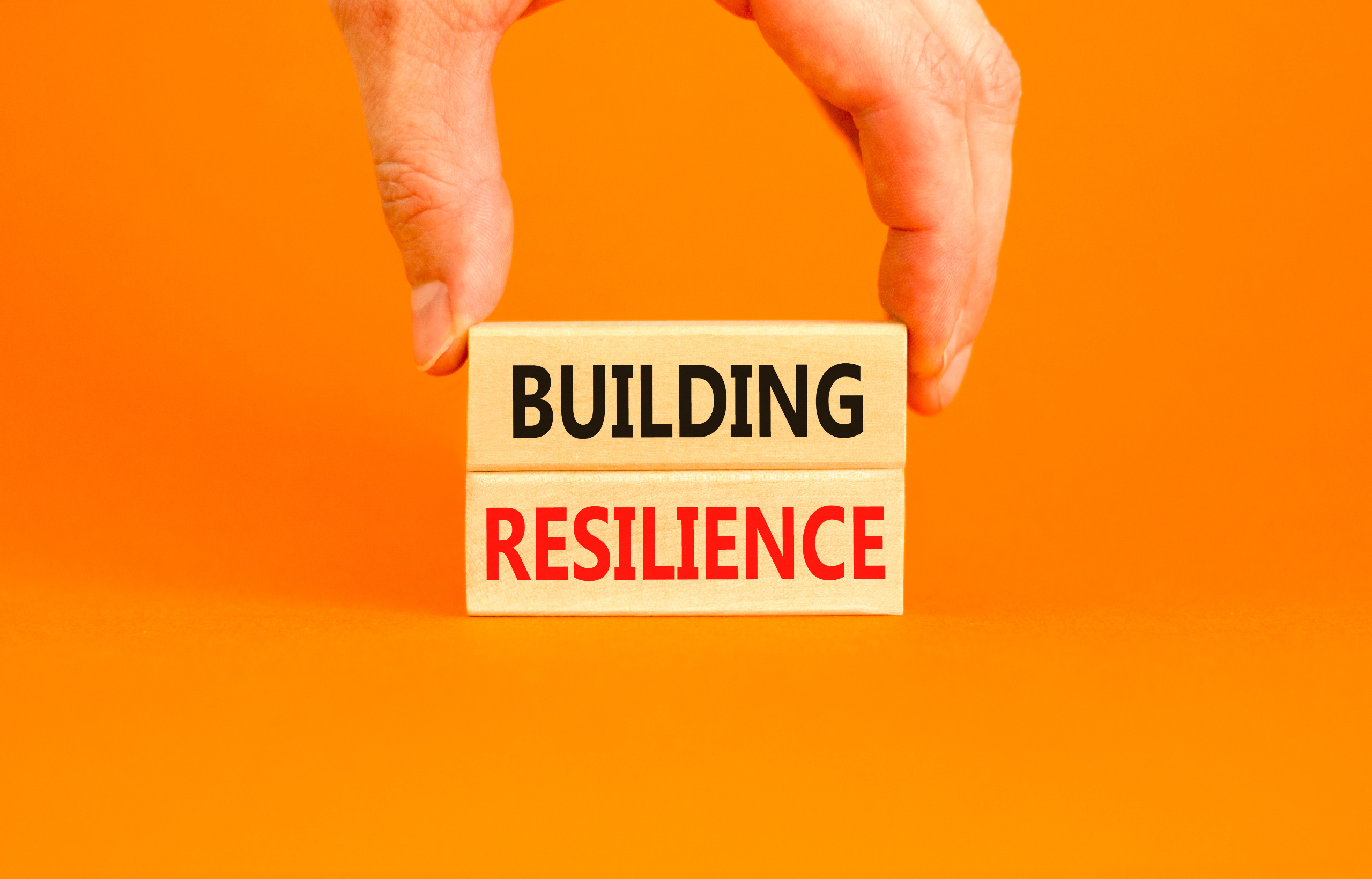The term “self-care” is something we don’t talk about nearly enough in our profession.
We spend a lot of time helping our stakeholders stay “in the game” than we do looking after ourselves.
Change management is a helping profession, much like those who work in healthcare.
The pressure can be high for significant periods of time as emotional and mental energy is consumed quickly and constantly.
Not only that, but there is very little time allocated to “downtime”.
Listening and processing resistance, fear, and stakeholder concerns require high levels of self-awareness and self-management.
It can be overwhelming to have the work day filled with talking people “off the ledge”.
Self-care refers to how we protect and prioritize our well-being as we manage the challenges that arise when we lead and support change.
Here are 3 ways self-care can make you more effective as a change facilitator and leader.
1. Take Charge of Your Mental, Physical and Emotional Wellbeing
For me, practicing self-care activities such as mindfulness, meditation, or seeking support from trusted friends or professionals helps me find a more positive view.
One of my colleagues has built a self-care plan that includes bi-weekly massage, walking daily, a weekly breathwork class, and a weekly yoga class.
The key here is to plan and execute – something that change professionals are really good at doing.
It is imperative that we take action for ourselves.
2. Shift From Gloom and Doom, to Win and Grin
Think of the stories you tell yourself – are they really true, or are they just phrases that you resort to under stress?
Neuroscience reveals that activity patterns in the brain when listening to a story mirror the patterns we see when experiencing the actual event and the brain responds to these stories as if they are real!
Change your thinking patterns.
First, identify 3-5 phrases that negatively impact you in your self-talk.
Next, write them down.
Then, write down the positive affirmation that makes each negative phrase false.
After you do this, rewrite each affirmation 3 times in the morning or evening for 3 weeks.
Your mind will start thinking the positive affirmations and the negative phrases will go away.
As a result, you have now reprogrammed your brain pattern and should feel a difference.
This works for me and is a tool that I often rely on.
Changing the story you tell yourself about your change initiative promotes self-care the same way.
3. Improve Your Productivity and Performance
Di Westaway OAM, Founder and CEO of Coastrek, cites 9 ways simply talking a walk improves our productivity and performance:
- Boosts brain power
- Improves concentration
- Enhances creative thinking
- Facilitates communication and collaboration
- Reduces stress
- Reduces distractions
- Improves mental health
- Boosts immunity
- Improves physical health
I found yesterday to be quite stressful so I took my dogs for a walk and, because of this, was completely renewed when I returned to work.
I know that many of us use walking to stay in shape and have a daily or weekly habit of doing it.
That said, do you go for a 15-minute walk during the workday to reap some of the above benefits when you are stressed?
The human brain drives everything we think and do. Professional self-care makes the brain work better.
As change practitioners, we guide leaders, sponsors, and others as they change what they are doing and/or how they are doing it.
This often also requires changing how they are thinking not only what they are doing, but also how they are doing it, as well as why they are doing it.
Most of all, it requires us to do the same for ourselves.
Remember to take care of yourself while facilitating change.
It is really imperative to recharge our batteries and acknowledge that we need to look to ourselves first to be the best we can for our clients.
Download our free Practitioner Guide, “Leveraging Neuroscience to Strengthen Change Management Practices: A Practical Guide”, for a deeper dive into the power of neuroscience and how it impacts not only organizations, but ourselves.

























